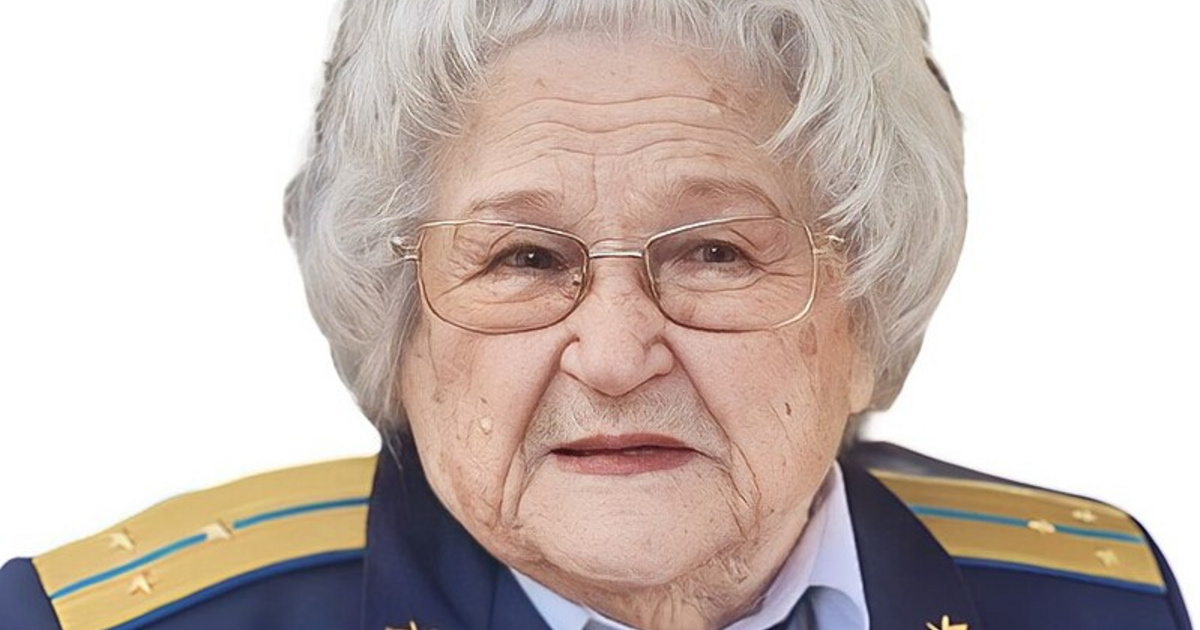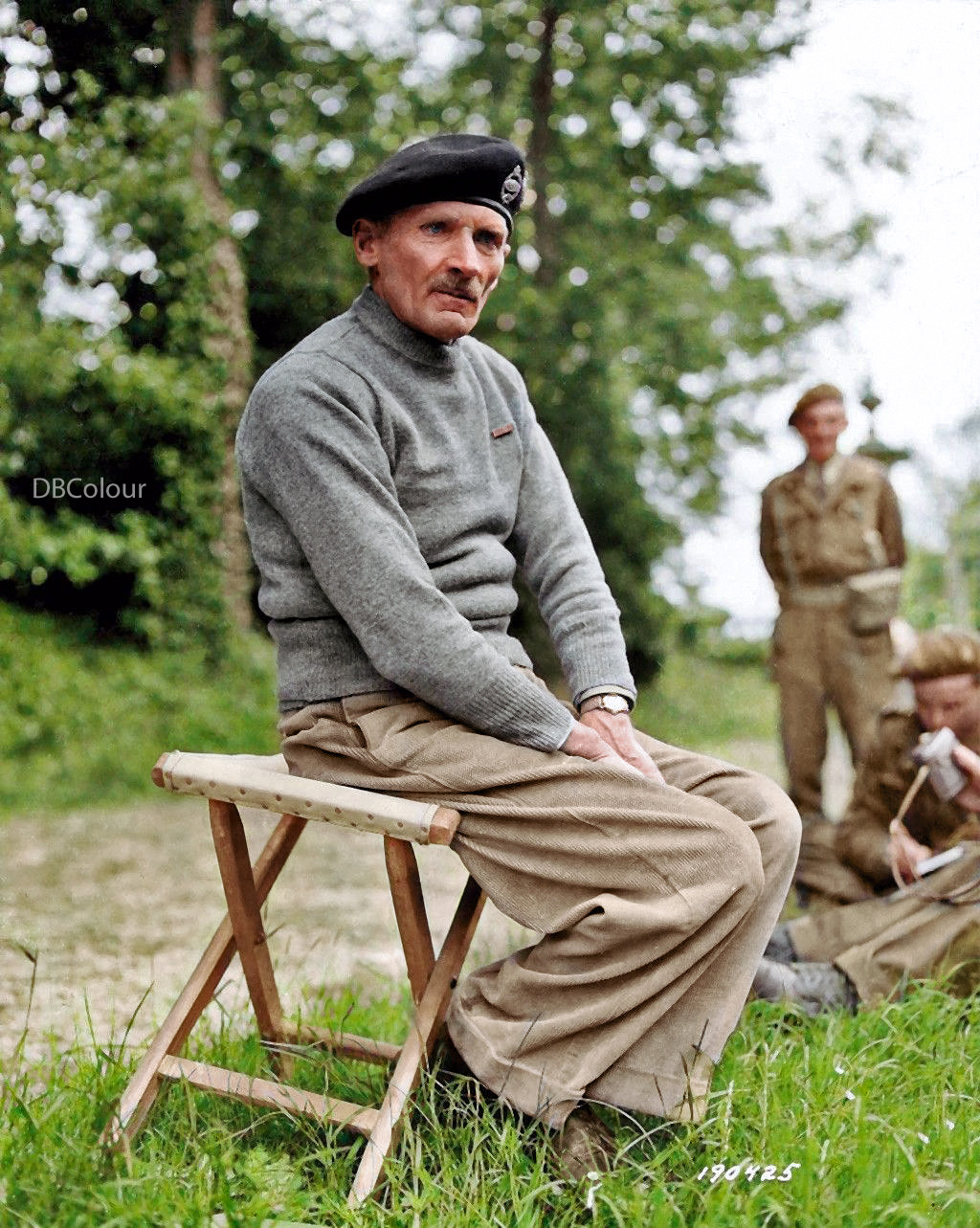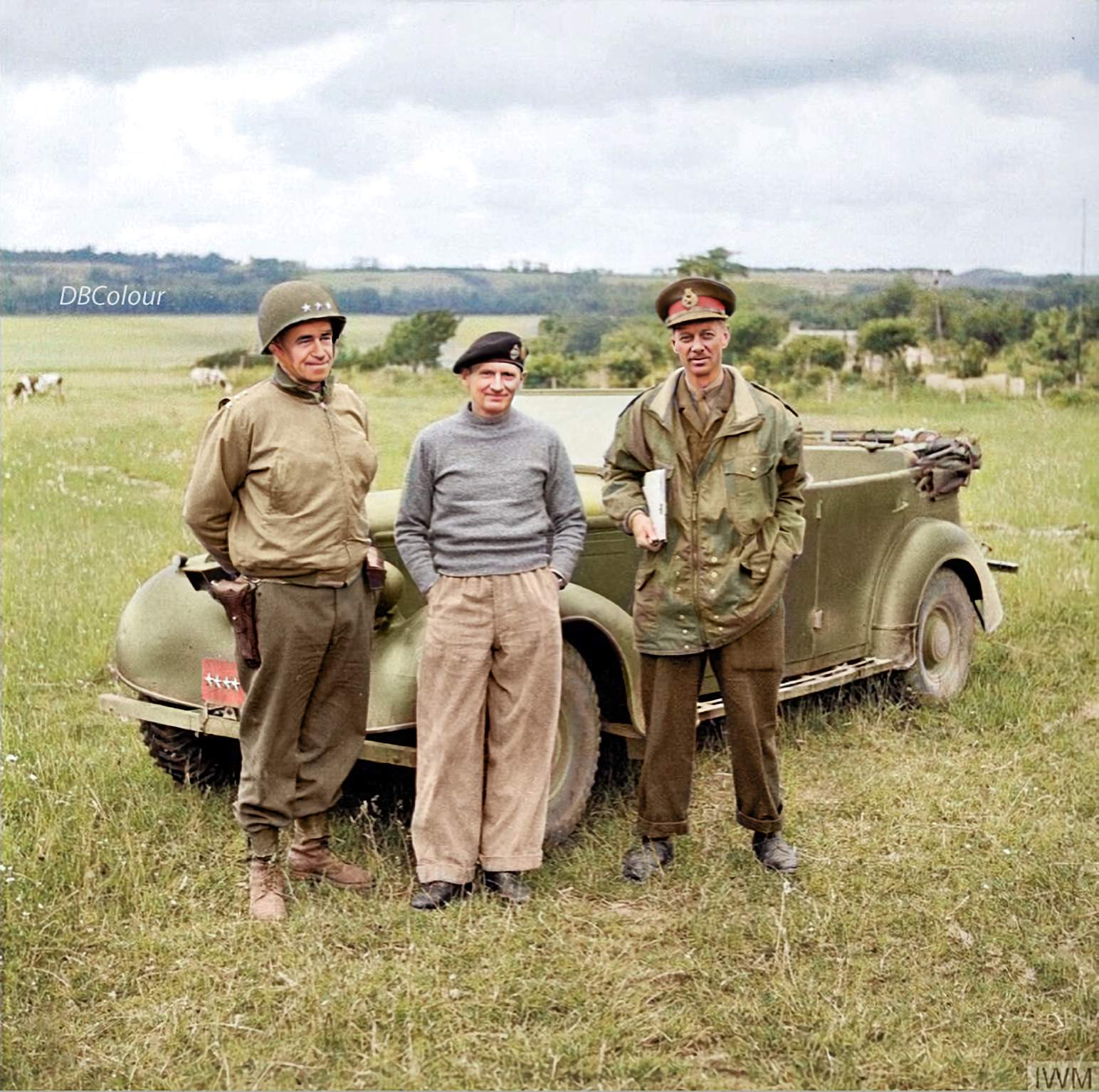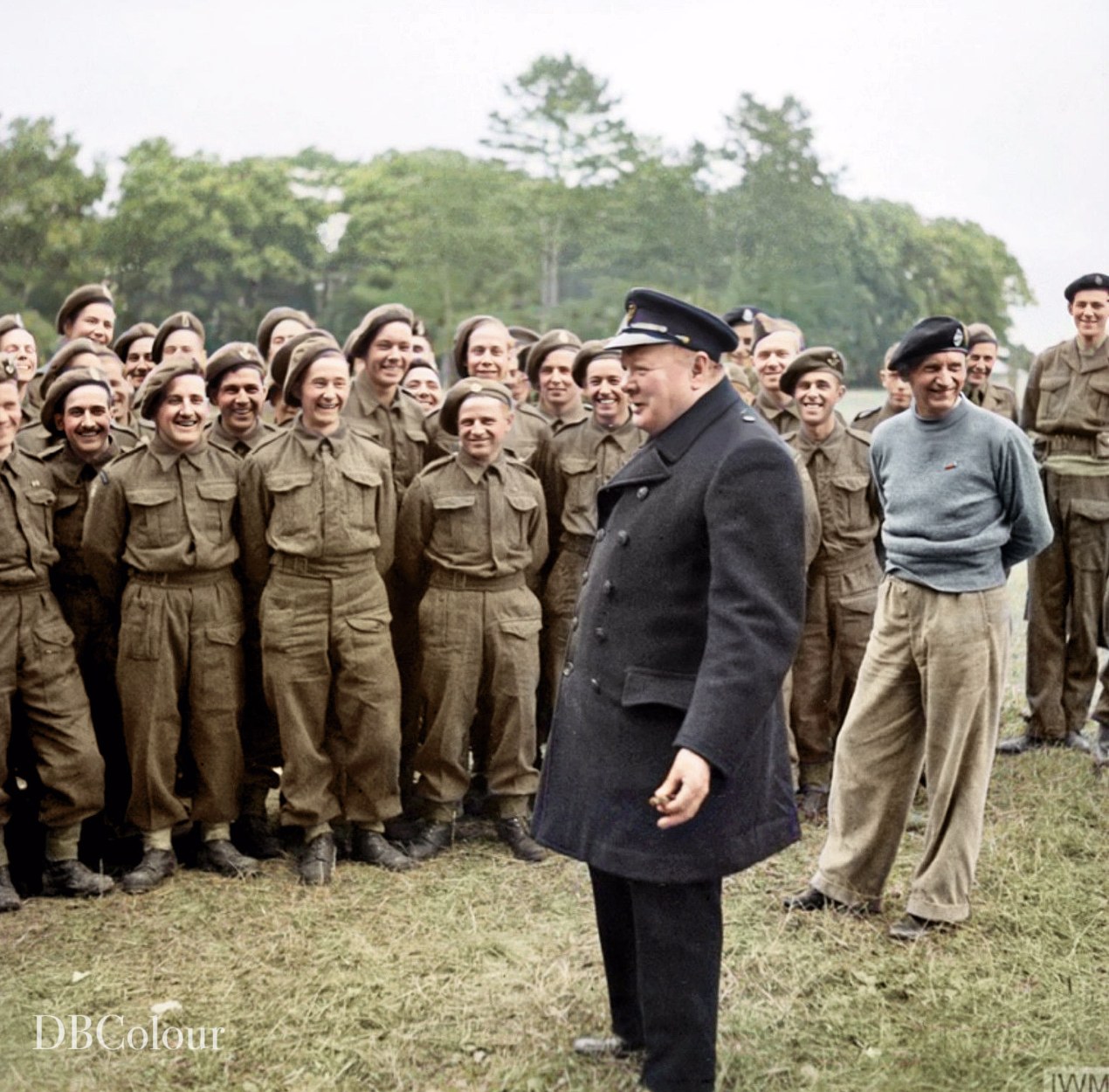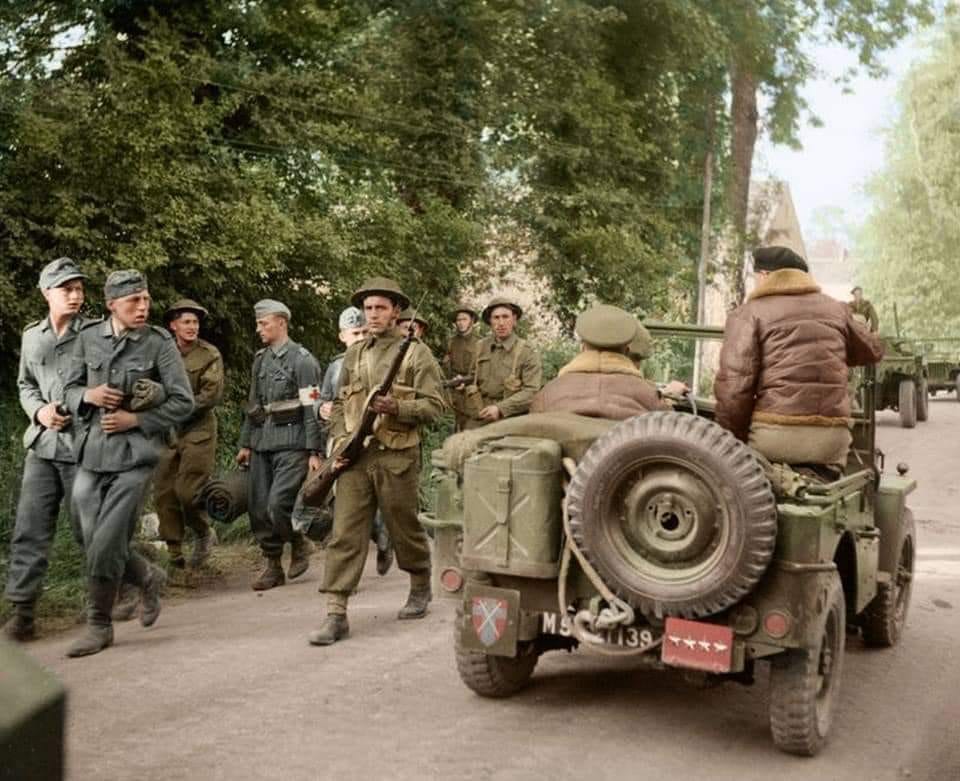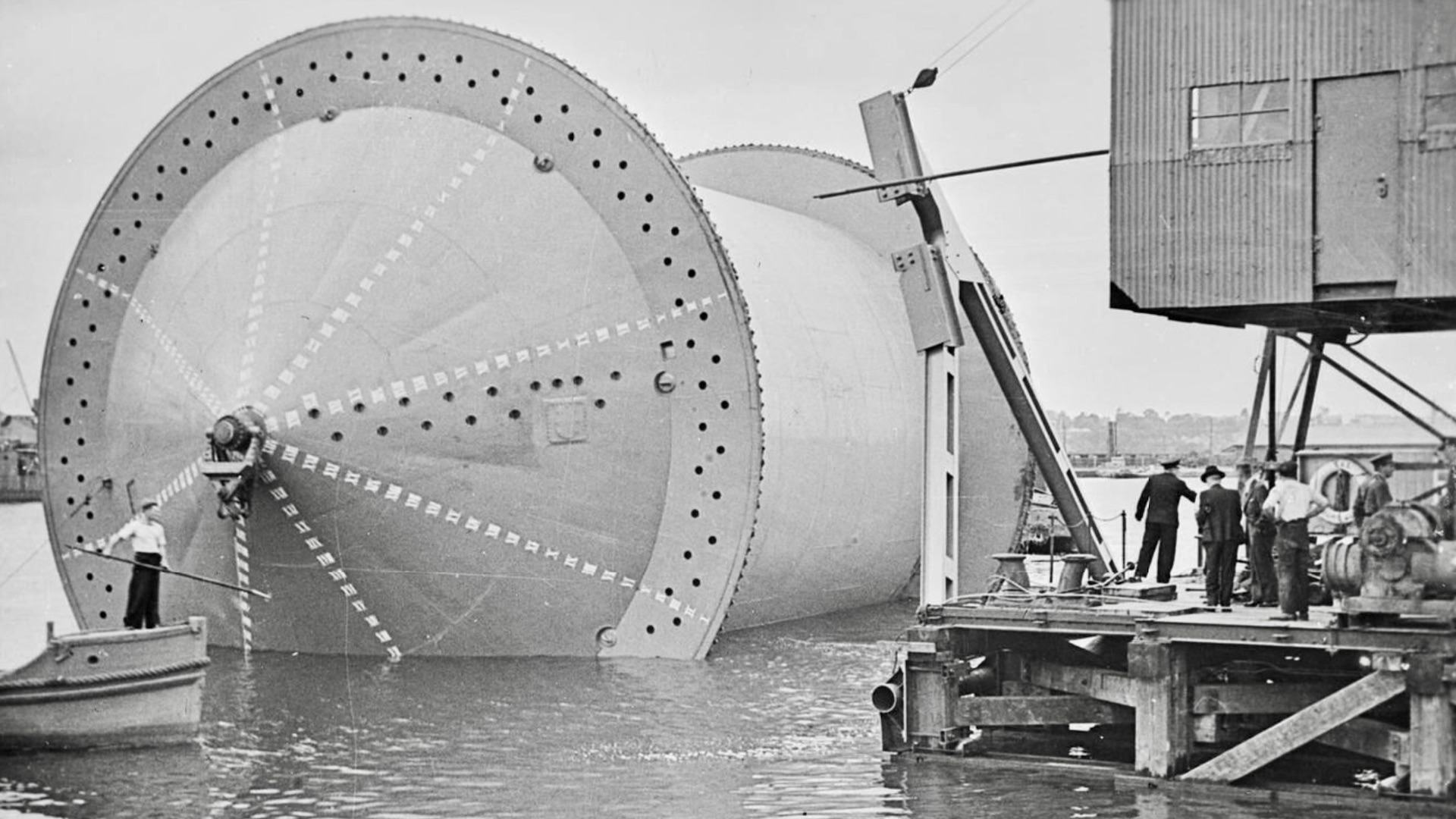Korábban már volt szó a német háborús vereség okairól, én akkor azt állítottam, hogy a legfontosabb ok, hogy a német harckocsik és gépjárművek benzin üzeműek voltak.
Most találtam egy kiváló wikis oldalt erről.
https://en.wikipedia.org/wiki/List_of_WWII_Maybach_engines
Egyik ok: pótalkatrészek hiánya
"Although a steady supply of spare parts is essential to an army in the field, the production of complete engines always took priority over providing spares.
[c] According to
Albert Speer,
Hitler himself never realised this importance: "
One of his worst failings was that he simply did not understand the necessity for supplying the armies with sufficient spare parts."
[10][d]
Germany never achieved the industrial capacity needed to keep its military vehicles running efficiently: when the
Russian campaign got underway, the deficiencies of the armaments industry and the organisation of maintenance depots became obvious.
[11] The German armed forces suffered from continual shortages of spare parts for tanks and half-tracks until the end of the war.
[12] When the first
Tiger I tanks arrived in Russia in autumn 1942, there was only
one spare engine and one transmission for every 10 tanks. A critical lack of spare parts meant that most of them were out of commission within a short period, sometimes for weeks on end."
Másik ok: gyors gyártásba vitel, alapos tesztelés nélkül, tömegtermelés arra nem felkészült cégeknél
"Some of this can be blamed on
Karl-Otto Saur of the Ministry of Armaments, whose ruthless
drive for greater overall production figures tended to override the need for testing and durability concerns, and the manufacture of enough spare parts.
According to
Stieler von Heydekampf, president of the Panzer Kommission from 1943
, German tank production was at a major disadvantage throughout the war because the main firms involved were heavy equipment manufacturers. It would have been more effective if the programme had been given to Ford Germany and Opel (owned by General Motors) because of their real mass production experience, but this was not done because of their American associations.
Maybach's monopoly on engine production proved to be the bottleneck in German tank production.
...
Rather than concentrate on proven designs, Maybach continued to bring out new, relatively untested models; the wide variety of engine types seriously hampered efforts to fix the multiple defects which Maybach engines developed under combat conditions.
...
As the war progressed, new Maybach engines tended to be rushed into production, without adequate testing and improvement. As a result, they were viewed as unreliable (although this would be expected of any un-developed engine).
...
By way of comparison, the Soviet Army used a single basic engine (the
V-12 diesel
Kharkiv V-2) to power the majority of its tanks
"
Miért benzines, és nem dízeles motorgyártást csináltak?
"General design
[
edit]
All Maybach engines for AFVs which reached series production were gasoline four-stroke water-cooled designs. The firm's managing director,
Dr. Karl Maybach (son of the founder Wilhelm Maybach), had stated that "he was born water cooled and wanted to die water cooled."
[38][j]
Before the war the fuel industry had indicated that petroleum was going to be easier to produce than synthetic diesel, and development of gasoline engines was therefore favoured. By around 1943 the situation had turned around, but by then it was too late to change.[41] Dr.
Ferdinand Porsche had consistently pushed for air-cooled diesels, but his organisation's designs never functioned satisfactorily.
[42] The twin large Porsche gasoline V-10 engines slated for the
Tiger (P) never worked satisfactorily"
 A mai napig az az erdő a 2. vh-s kincskeresők paradicsoma...hónapokig tartott ott a harc
A mai napig az az erdő a 2. vh-s kincskeresők paradicsoma...hónapokig tartott ott a harc
